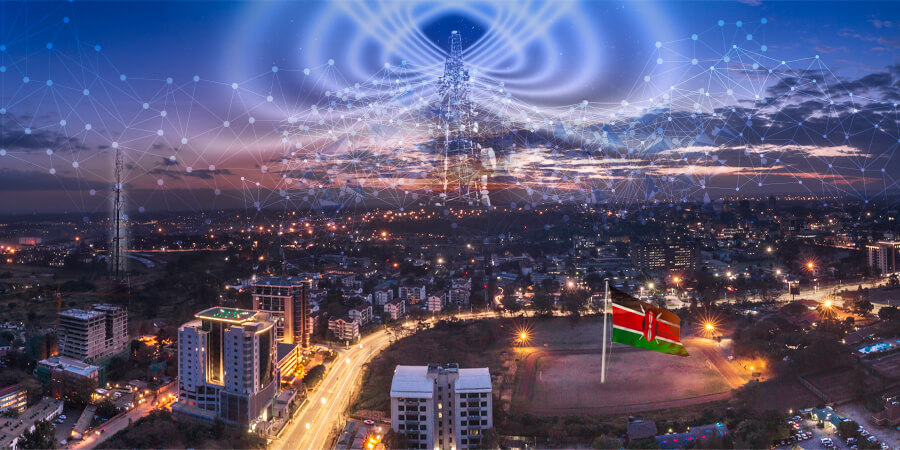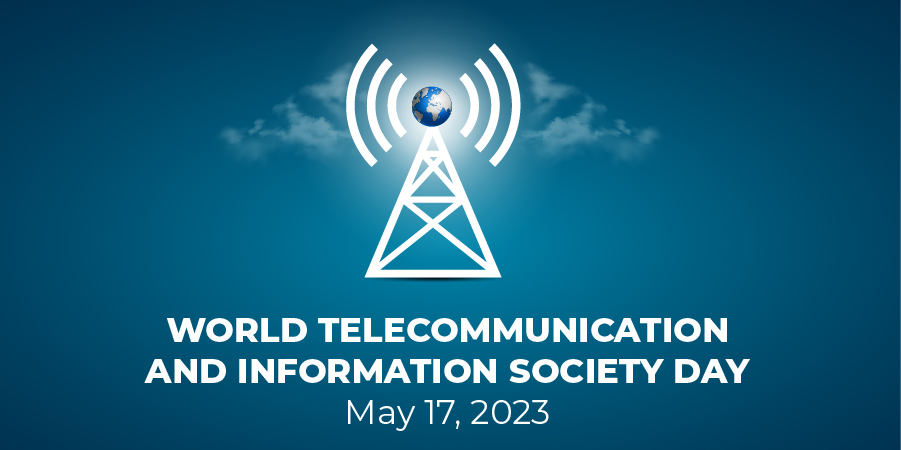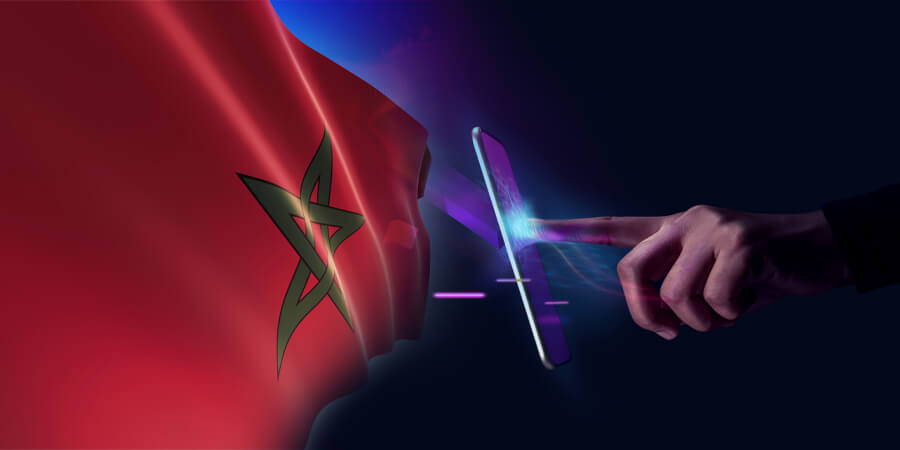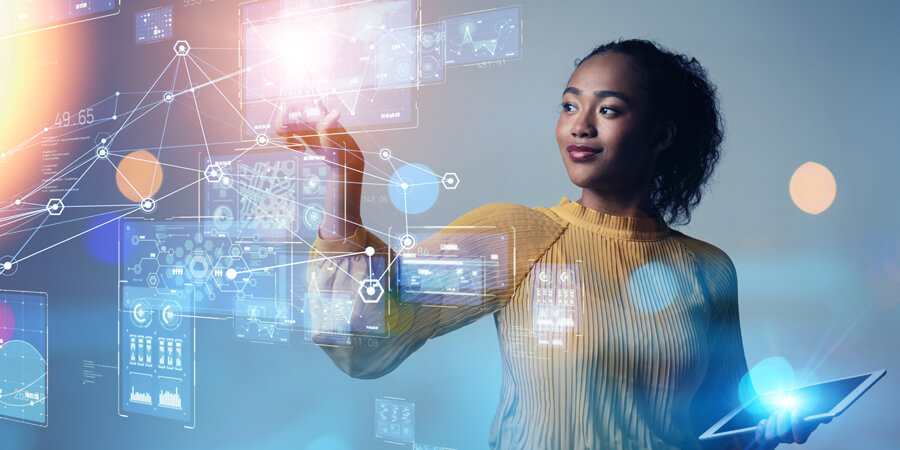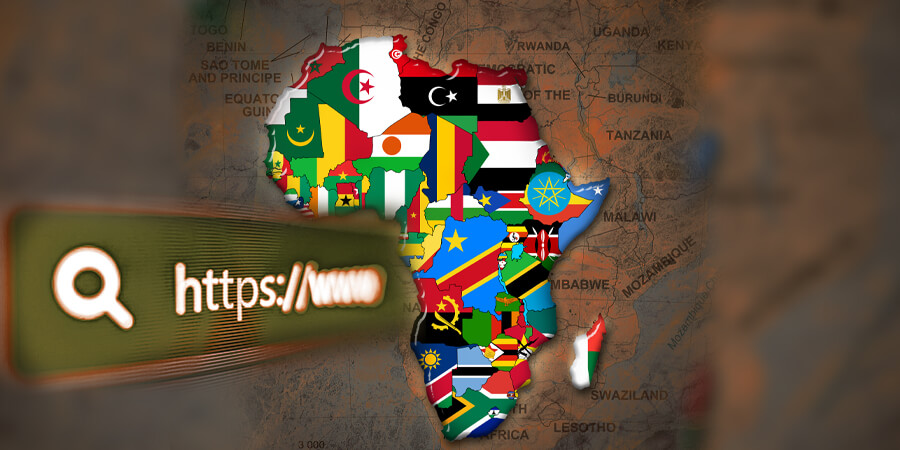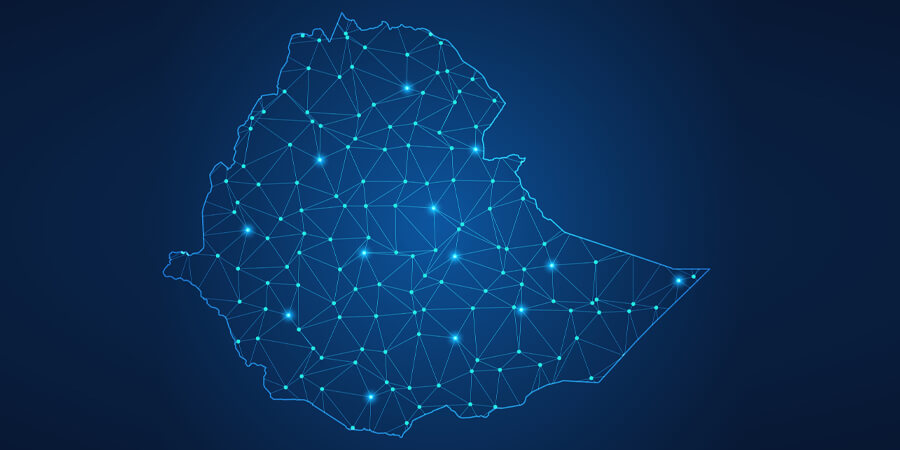Technology has taken hold of most every part of our existence. Indeed, most people have reached the point where they cannot envision a day without using these applications. We live in a digital world where spending quality, productive time without these useful tools is nearly impossible. As technology has advanced, employees in every organization and industry have begun to approach their work from a new perspective. However, a key question arises: does technology help us be more productive at work or merely waste more of our time.
Features
Kenya's Digital Future: A Journey of Connectivity, Innovation and Prosperity
In recent years, Kenya has emerged as a leading force in Africa's digital revolution with its vibrant tech ecosystem, forward-thinking policies, and young and tech-savvy population. The country's internet infrastructure journey has been a remarkable tale of overcoming challenges and transforming into a digital powerhouse, enabling Kenya to harness the power of technology to drive economic growth, empower communities, and improve the lives of its citizens.
Unprecedented Fine Sets New Benchmark in Data Protection Enforcement
The recent decision by the Irish Data Protection Authority (DPC) to levy a staggering fine of 1.2 billion euros on the Meta Group, the parent company of Facebook, Instagram, WhatsApp and other platforms, has sent shockwaves throughout the tech industry. The fine primarily focuses on Facebook's alleged transfer of personal data belonging to European Internet users to the United States, raising serious concerns about data breaches and privacy violations. With this landmark penalty, the European Union (EU) sets a precedent for taking stringent action against tech giants that fail to adequately protect user data.
WTISD 2023: Empowering Least Developed Countries Through ICT
In 2022, 720 million people remained offline in the least developed countries (LDCs), with an estimated 407 million using the Internet. Considering LDCs as the world’s greatest untapped resource with needs that must be addressed to fulfill the UN Sustainable Development Goals (SDGs) by 2030, the World Telecommunication and Information Society Day (WTISD) 2023 focuses on “empowering the least developed countries through information and communication technologies.”
Smartphones Igniting Morocco's Digital Revolution
Smartphones have become an integral part of our daily lives, revolutionizing the way we communicate, work and access information. In Morocco, the smartphone market has experienced significant growth, transforming the country's digital landscape. With increasing smartphone penetration and a thriving digital ecosystem, Morocco is embracing the smartphone era and reaping the benefits of enhanced connectivity and digital services.
Women Can Tech Too! How Women in ICT Are Changing the Game
Education is often touted as a key driver of individual and national development. As the popular African proverb states, "If you educate a man, you educate an individual, but if you educate a woman, you educate a nation." In Africa, this proverb is particularly relevant, as women play a crucial role in the social, economic and political development of their communities and nations. This proverb underscores the critical role that education, particularly for women, can play in transforming not just individuals but entire communities and societies.
The Evolution of AI Weapons: Redefining Modern Warfare
In recent years, the field of artificial intelligence (AI) has made significant strides, revolutionizing various industries. One area where AI's impact is particularly pronounced is in the realm of weaponry. The development and deployment of AI-powered weapons have reshaped modern warfare, offering unprecedented capabilities and raising important ethical considerations. So to start with, what are the AI weapons that have emerged, showcasing their potential impact on the future of military operations?
Africa's Digital Future: Investing Now is Key to Unlocking Continent's Potential
Africa's digital revolution is gaining momentum, and investors worldwide are taking note. Indeed, Africa is rapidly becoming a hotbed for digital innovation, with entrepreneurs building and scaling new technologies across the continent. This growth is particularly significant given the continent's young, educated and urbanizing population. By 2050, Africa will have the world's largest working-age population, which is set to drive economic growth and innovation.
Internet Browsers in Africa: Charting the Web's Growth and Reach on the Continent
In today's interconnected world, the internet has become an indispensable tool, transforming the way we communicate, work and access information. While the digital landscape continues to evolve globally, it is essential to explore the unique dynamics and advancements in specific regions. Africa, a continent experiencing rapid technological growth, presents a fascinating case study on internet browsers. With a diverse and vibrant population, Africa is embracing the power of the internet to connect, learn and innovate. In this article, we delve into the world of internet browsers in Africa, shedding light on their significance, challenges and future prospects.
Unlocking Ethiopia's Potential: A Look at the Country's Booming ICT Industry
Ethiopia holds an important position in Africa due to its strategic location in the Horn of Africa, bordering countries such as Sudan, South Sudan, Kenya, Somalia, and Eritrea. It is the continent's second-most populous nation and has the tenth-largest land area in Africa. Additionally, Ethiopia is known for its rich and diverse cultural heritage, as well as its vast reserves of natural resources such as gold and tantalum.





